TMJ vs. TMD: Suburban TMJ and Sleep Center Clarifying the Differences

If you've been experiencing pain in your jaw, you've likely come across the terms TMJ and TMD during your research. While these abbreviations may seem interchangeable at first glance, they refer to different aspects of the jaw's health and function. To make informed decisions about your treatment options, it's crucial to understand the difference between TMJ (temporomandibular joint) and TMD (temporomandibular joint disorder).
In this guide, we'll clarify the distinction between these commonly confused terms and discuss their implications for diagnosis and treatment. With the expert insights of the specialists at Suburban TMJ and Sleep Center, Illinois' leading non-surgical TMJ treatment center, you'll be well-equipped to navigate your path toward a pain-free, fully functional jaw. Let's delve into the differences between TMJ and TMD and understand why it matters in your quest for relief from jaw-related discomfort.
Understanding TMJ: The Basics of Jaw Anatomy
Before diving into the distinction between TMJ and TMD, it's essential to understand the role of the temporomandibular joint (TMJ) in jaw function. As previously established, the TMJ is a bilateral joint found on each side of the face, connecting the lower jawbone (mandible) to the skull. This joint is essential for various everyday activities, such as talking, chewing, and yawning.
The six main components of the temporomandibular joint are:
- Temporal bone
- Mandible (lower jawbone)
- Articular disc
- Ligaments
- Muscles
- Blood vessels and nerves
The interaction between these components allows the jaw to perform several types of movements, including hinge and sliding movements. A well-functioning TMJ promotes smooth, pain-free jaw movement and contributes to overall oral health.
Defining TMD: When the Jaw Fails to Function Properly
Temporomandibular joint disorders (TMD) encompass a group of conditions that affect the temporomandibular joints, muscles, ligaments, and surrounding structures. TMD can result from several factors, such as injury, genetics, stress, misaligned teeth, or arthritis. When the temporomandibular joint fails to function correctly, individuals may experience a range of symptoms, including:
- Jaw pain or discomfort
- Headaches and migraines
- Earaches, ringing in the ears, or hearing problems
- Jaw clicking, popping, or locking
- Difficulty opening or closing the mouth
- Persistent facial or neck pain
- Teeth grinding or clenching
It's important to note that the presence of these symptoms doesn't always indicate TMD, as they can result from other conditions or disorders. Consulting a TMJ specialist is essential to receiving an accurate diagnosis and proper treatment plan.
TMJ vs. TMD: Clarifying the Terminology
Now that we have a foundational understanding of TMJ and TMD, let's clarify the differences between these two terms:
- TMJ: TMJ is an abbreviation for temporomandibular joint. It refers specifically to the anatomical joint found on each side of the face, connecting the lower jawbone to the skull.
- TMD: TMD, or temporomandibular joint disorder, denotes a set of conditions affecting the normal function of the temporomandibular joint, muscles, ligaments, or surrounding structures. In other words, TMD is a term used to describe a dysfunction or problem related to the proper functioning of the TMJ.
Understanding the distinction between these terms can help you better communicate with healthcare professionals and more accurately describe your condition during consultations.
Diagnosing TMD: The Importance of Expertise
As TMD can manifest various symptoms and result from numerous factors, proper diagnosis can be challenging. A TMJ specialist will perform a comprehensive evaluation to determine the underlying cause of your symptoms, taking into account factors such as medical history, physical examination findings, and imaging studies (e.g., X-rays, MRI, or CT scans).
Though some general dentists may have experience with TMJ disorders, consulting a specialist trained explicitly in TMD diagnosis and treatment is crucial for receiving the most accurate diagnosis and effective care possible. These experts employ advanced diagnostic tools and techniques to identify the source of the problem and devise personalized treatment plans to alleviate symptoms and improve quality of life.
Treatment Options for TMD: Finding Relief
Once a TMJ specialist has identified your TMD's underlying cause, they will recommend an appropriate treatment plan to relieve symptoms and restore proper jaw function. As each case is unique, your treatment may involve a combination of conservative, non-invasive therapies, and more invasive medical interventions, depending on the severity of your condition. Some common treatments for TMD include:
- Over-the-counter or prescription pain medications
- Physical therapy
- Oral appliances, such as splints or bite guards
- Cold and heat therapy
- Stress management techniques
- Orthodontic treatments or adjustments (as needed)
- Injectable treatments, like corticosteroids
- In severe cases, surgery
Throughout the treatment process, your TMJ specialist will closely monitor your progress, adjusting your treatment plan as necessary to ensure optimal results.
The Value of Education: Empowering Patients to Make Informed Decisions
Understanding the difference between TMJ and TMD allows you to make informed decisions about your oral health care. As you seek relief from jaw-related discomfort, connecting with TMJ specialists like those at Suburban TMJ and Sleep Center ensures comprehensive, accurate diagnoses and personalized treatment plans to improve your quality of life. By prioritizing your knowledge and cultivating an open line of communication with healthcare professionals, you'll be best equipped to navigate the challenges posed by TMJ disorders and find the relief you deserve.
Navigating the complexities of TMJ and TMD can be overwhelming, but Suburban TMJ and Sleep Center is here to guide you on your journey to lasting relief. By clarifying the differences between TMJ and TMD and partnering with our experienced specialists, you're laying the foundation for informed decision-making and effective treatment.
Take the first step toward a pain-free jaw. Schedule an appointment with leading
TMJ experts in Illinois. Together, we'll devise a personalized, non-surgical treatment plan tailored to your unique needs, so you can reclaim your comfort, confidence, and overall quality of life. Don't let TMJ disorders hold you back any longer—discover the difference Suburban TMJ and Sleep Center can make for you today.
CONTACT INFORMATION
Phone: (630) 305-7914
Email: frontdesk@suburbantmjcenter.com
Address: 1309 Macom Drive, Suite 107
Naperville, IL 60564
CONNECT WITH US
All Rights Reserved | Website Designed By: Morningdove - Accessibility Statement











